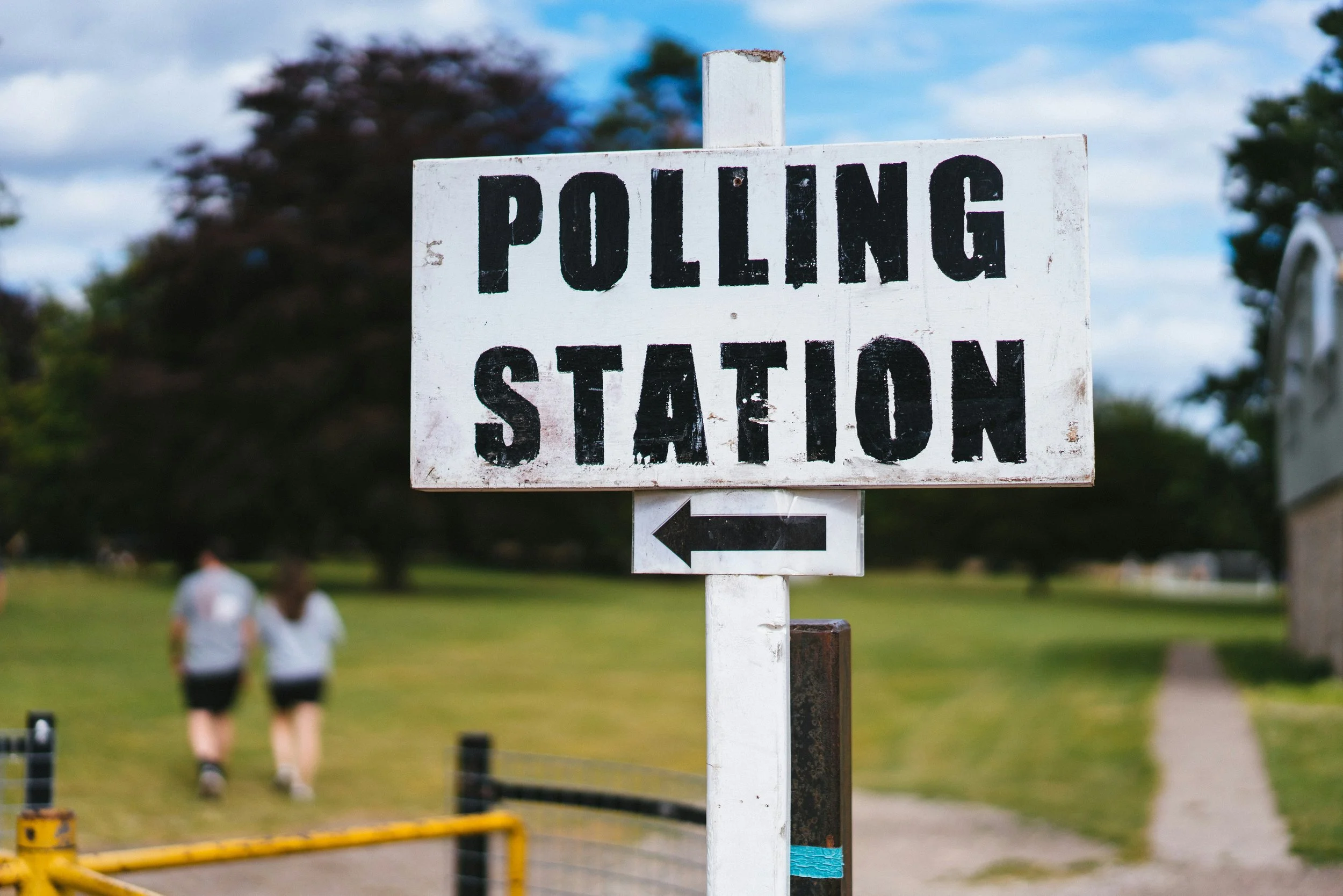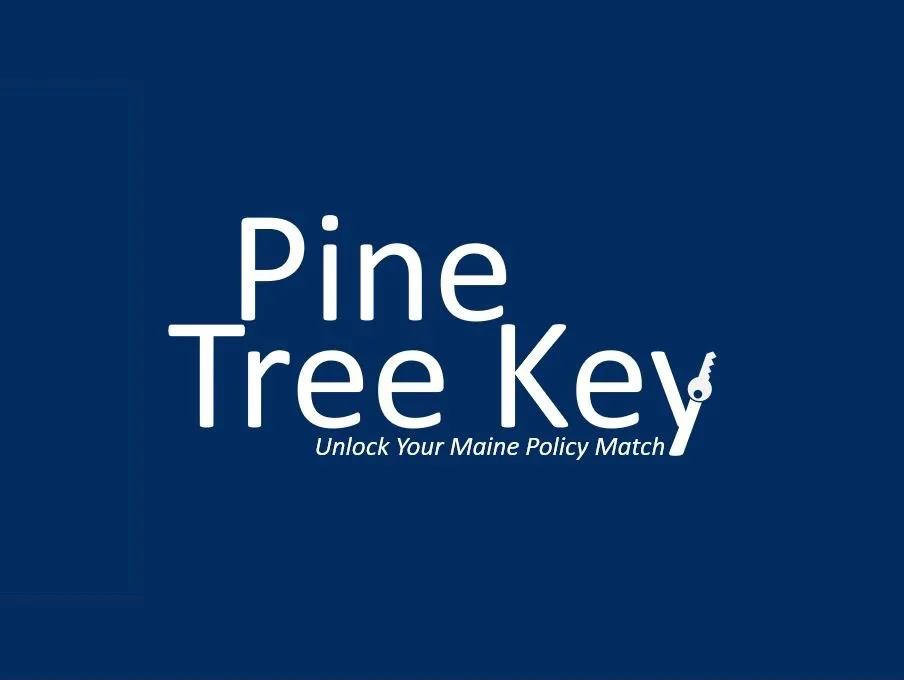Carnival in Germany: From 11/11 at 11:11 a.m. to Cologne, Rio, and Maine
11/11/2025 FEATURED BLOG
Photo by Jens Riesenberg on Unsplash
Welcome to dKay in Maine.
The source for all my thoughts on Maine, Germany, Politics, Culture, and more
MAINE
Reading time: 7 min 10 sec
This November, Maine voters will decide on Referendum Question 1, a citizen-initiated bill that would require photo ID at the polls and change several absentee voting rules. Supporters say it will strengthen trust and bring Maine in line with other states and democracies abroad. Opponents argue it risks creating new barriers in a system that already delivers some of the highest voter turnout in the nation. Here’s what the proposal actually says, what would change, what wouldn’t, and why it matters in Maine.
Photo by Phil Hearing on Unsplash
Reading time: 5 min 44 sec
This post explains Maine’s 2025 Ballot Question 2, which asks voters whether to adopt a red flag law. It breaks down how the proposal compares to the current yellow flag system, what supporters and opponents say, and what your vote will mean.
Photo by Glen Carrie on Unsplash
Reading time: 1 min 47 sec
Over the last few months, I’ve been building a nonpartisan voter tool for Maine’s 2026 election—something I believe could truly help voters make informed choices. In this post, I share the roadblock that’s keeping it from launching, and how your insight or experience could help move it forward.
CULTURE
Reading time: 11 min 11 sec
November 11 at 11:11 a.m. marks the start of Carnival season in Germany — a tradition filled with history, satire, and local rivalries. From Rosenmontag floats to Alemannic masks, from Cologne’s “Kölle Alaaf” to Rio’s samba parades, Carnival takes many forms. This complete guide ties it all together, with a final stop in Maine’s own quirky festivals — and fittingly, it takes exactly 11 minutes and 11 seconds to read.
Photo by Jens Riesenberg on Unsplash
Reading time: 4 min 17 sec
A windy day in Maine sent the stoplights swinging—and me down a rabbit hole. In this blog post, I dive into how Germany, the UK, and the U.S. design, mount, and operate their signals.
Reading time: 7 min 55 sec
From Samhain’s threshold to modern trick-or-treat, this essay traces Halloween’s history in the U.S., its rise in Germany, and how Oct 31–Nov 2 are kept across German states—Reformation Day, All Saints’ and All Souls’—where quiet candlelight meets costumes, candy, and public-holiday rules.
Photo by Colton Sturgeon on Unsplash
Reading time: 7 min 12 sec
In this post, I reflect on Germany's Erntedank and America's Thanksgiving, autumn traditions highlighting different ways of saying thank you. In Germany, the tradition is still rooted in church services, harvest offerings, and charity—though American-style turkey dinners are slowly making their way in. In the U.S., Thanksgiving has long been a national holiday for family, feasts, and time off.
Photo by Jonathan Cooper on Unsplash
POLITICS
Reading time: 10 min 37 sec
In this blog post, I’ll dive deeper into encouraging economic freedom through private sector growth, promoting financial literacy, and strengthening family and community support systems while also reflecting on potential optimizations in the realm of non-profit and NGO. Expect insights on how education, cultural shifts, and nonprofit roles can shape a self-reliant society while reducing the need for government intervention.
Photo by ray sangga kusuma on Unsplash
Reading time: 9 min 39 sec
In this blog post, I explore practical strategies to reduce taxpayers burdens and restore fiscal responsibility, including simplifying government operations, limiting spending through balanced budgets, and empowering states to manage social programs more effectively.
Reading time: 6 min 38 sec
In this article, I look closer into how the U.S. transformed from a nation build on individual liberty and local governance to one that's increasingly reliant on federal support. I trace the evolution of government involvement from the New Deal and post-WWII policies to the Great Society and economic shifts in recent decades.
Reading time: 7 min 23 sec
Using data from the U.S. federal budget and examples like the Social Security Administration, I uncover how expanding government programs and fiscal policies contribute to today's tax burden. Stay tuned for the next part, where I examine America's shift toward government reliance and steps to address it!
U.S. HISTORY
Reading time: 5 min 1 sec
In this post, I’m diving into the history of taxation in the United States. We will explore its humble beginnings with indirect taxes, the implementation of federal income taxes, and their expansion over time and learn about the key milestones, including the Civil War, the 16th Amendment, and the Current Tax Payment Act.
Reading time: 6 min 59 sec
This blog post contains the Declaration of Independence, adopted on July 4, 1776. Though it's widely available online, I wanted to provide a transcript in my blog. Why? Because it’s not just about convenience—it's about connection. Whether you're a history enthusiast, a curious reader, or someone reflecting on the principles that shape modern democracies, I hope this post makes it a little easier for you to engage with the powerful words that gave birth to the United States of America.















Reading time: 14 min 23 sec
Maine can’t swap out property taxes for sales and tourist taxes without shifting the burden onto year-round residents and renters. Using current visitor spending, local tax rules, and recent legislative votes, this piece shows why the math doesn’t work, who really wins (non-resident and high-value owners), who loses (lower-income households and renters), and what realistic fixes look like—bigger homestead relief, a stronger circuit breaker, targeted second-home and luxury taxes, and smarter state budgeting focused on essentials.
Photo by Igor Omilaev on Unsplash